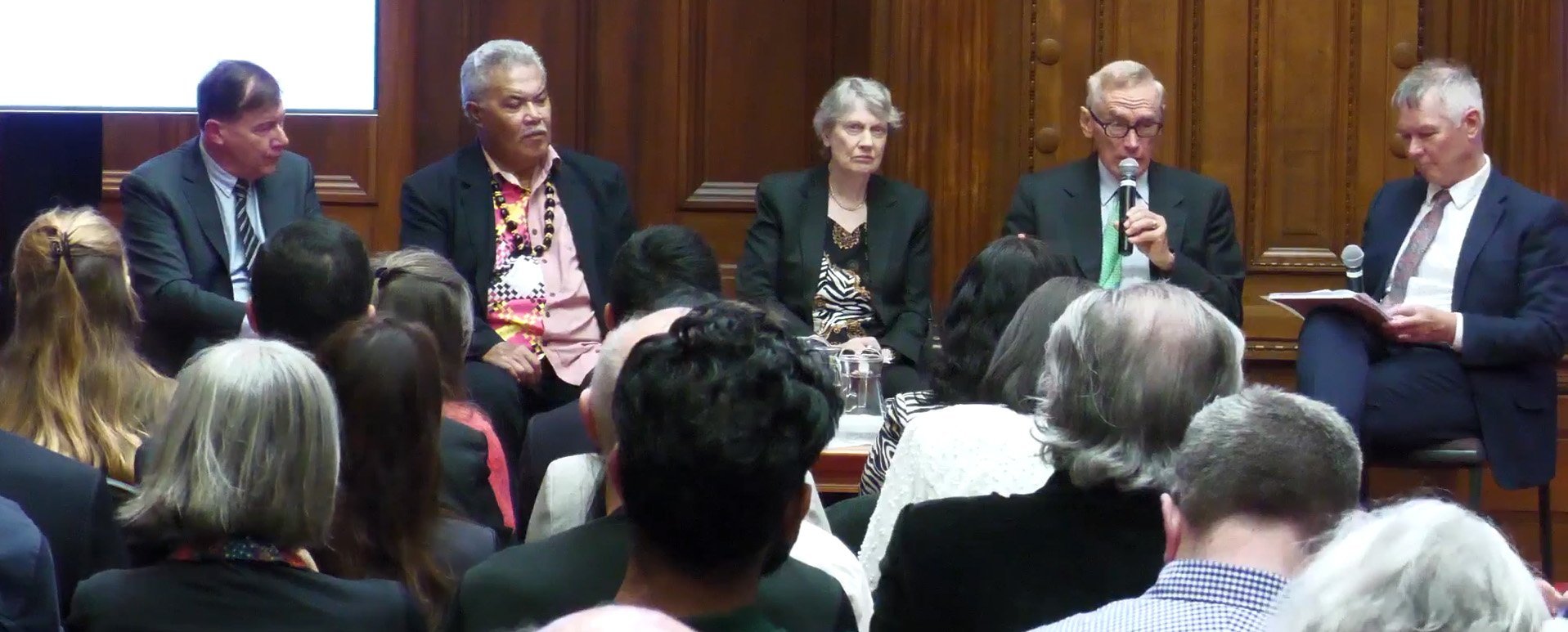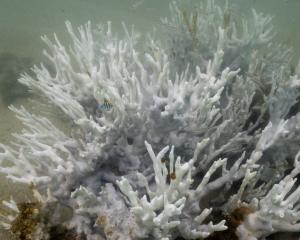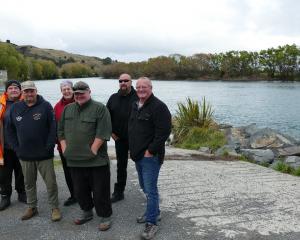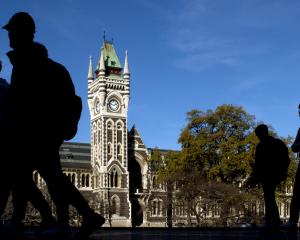
While Mr Luxon is keen to stress the trade aspect of his visit — and a bevy of business leaders accompanied him to Singapore, Thailand and the Philippines — any such trip always has foreign affairs implications.
New Zealand’s main political parties disagree on many things, but one thing they — generally — can agree on is foreign affairs. A new government’s attitude to the world is seldom that far removed from the old one, as politicians for decades have accepted the philosophy of New Zealand having an "independent foreign policy".

Labour took New Zealand down the path away from Anzus and despite some occasional bellicose rhetoric National has not been inclined to take the country back up it.
It was cemented in when Labour opted not to join the US-led coalition of the willing and invade Iraq, preferring instead to help with humanitarian and nation-building efforts afterwards.
But Anzus is back baby ... or it could be, if New Zealand would just add its initials to "Pillar 2" of the Aukus agreement between Australia, the US and the United Kingdom.
Pillar 1 was a nuclear submarine deal between the three nations, a pact New Zealand was never going to be a part of. Pillar 2 is an entirely more nebulous security arrangement which might involve goodness knows what.
Labour had promised to "explore" what associating New Zealand with Aukus might mean but it never got beyond gently kicking the tires before being voted out of office.
The new government, on the other hand, seems much more interested in the upgraded vehicle and the statement issued by Foreign Minister Winston Peters and US Secretary of State Antony Blinken after their Washington meeting last week said New Zealand and the US saw "powerful reasons for New Zealand engaging practically" with Aukus.
Despite Mr Luxon’s subsequent claims that that statement did not take New Zealand any further forward than Labour had gone, most observers thought that it essentially signed New Zealand up for a test drive.
Unsurprisingly, this has not been universally popular: Helen Clark and Don Brash were polar opposites politically, but the former Labour and National leaders penned an opinion piece together stating their opposition to joining Aukus 2.
Labour’s present leader has also been animated on the subject, and not only backed party foreign affairs spokesman (and former Otago MP) David Parker and his associate Phil Twyford to host a summit about Aukus at Parliament this week, but also gave its opening speech.
Miss Clark was the star of the show, but former Australian foreign minister Bob Carr snared the headlines with his acid comment that Aukus Pillar 2 was "fragrant, methane-wrapped bull....". Former Tokelau prime minister Enele Sopoaga brought a quiet dignity.
Meanwhile, looking a little out of place as an academic upon politicians, was University of Otago Professor of International Relations Robert Patman. That is not to say that Prof Patman’s words lacked the impact of his fellow panellists though.
His sceptical stance on Pillar 2 is well-known, and reiterated in yesterday’s Otago Daily Times through an opinion piece he wrote with Marco de Jong for Newsroom.
Mr Carr notwithstanding, as an academic Prof Patman can be much more direct with his language than former diplomats, and he did not hold back when discussing China — the real, if officially unspoken, power that the Aukus alignment is eyeing up warily.
"We should have no illusions about China," he said.
"China is an authoritarian state and a dictatorship. The question is whether Aukus is the right vehicle to deal with this challenge."
Prof Patman, unsurprisingly, thought the answer was no. Maybe a Mercedes or a Volvo might be better than a Chrysler, Holden or Jaguar, so to speak.
Prof Patman’s argument was that international diplomacy operates according to rules which are well-understood by its participants.
However, some challenges such as recessions, pandemics and climate change pay no heed to international borders. Anyway, conflicts such as in Ukraine and particularly Gaza have set a bonfire to international law anyway.
That made this exactly the wrong time for New Zealand to be seen as too closely aligned he said.
"New Zealand should not feel tongue-tied on key issues which affect it."
Nor should Prof Patman, who has been very active in ensuring that New Zealand has a proper discussion about a potential policy shift with ramifications for us all.












